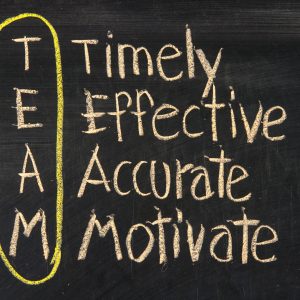The Depression-Dementia Link and What Caregivers Need to Know
Far too often I talk to family caregivers who are concerned about their loved one's cognitive decline. It is not uncommon to hear such explanations go something like this:
Posts about:

Far too often I talk to family caregivers who are concerned about their loved one's cognitive decline. It is not uncommon to hear such explanations go something like this:

What would life be like if you stepped into the world of a resident in long-term care? Perhaps it would awaken us to the fact that they see things much differently than we do. Maybe it would make us understand their experiences, challenges, and thought processes. Do you think that we might be more empathetic? Gosh, I hope so.

Dementia Friendly Fort Worth recently sponsored Remember This, a participatory performance experience by the Texas Tech University School of Theatre and Dance. Created and produced by Dr. Tyler Davis, Genevieve Durham DeCesaro, Rachel Hirshorn-Johnston, and Dr. Annette Sobel, Remember This is about changing the conversation about dementia.

Until a miracle cure is found to stop, reverse or drastically slow down the aging process, the news flash of the day is that we will all leave this earth someday. In our anti-aging driven society of wrinkle reducers and body re-shaping, the fact is that all of us are, shall I say it - AGING! The question is not that we are aging, but can we age well through the challenges of aging?

Quite simply, the definition of personhood is the quality or condition of being an individual person. At the core of personhood is the self- who we are are, our values and beliefs. It's who makes us who we are. Being able to recognize the "self" of personhood is key to understanding and practicing person-centered care for persons living with dementia.

High staff turnover in long-term care is certainly not a recent phenomenon. Going back to the 1970s studies pointed to average turnover rates for registered nurses (RNs), licensed vocational nurses (LVNs) and certified nursing assistants (CNAs) ranging between 55% - 75%. With growing demands for these professions as our aging population explodes, many providers are reporting upwards of 100% turnover. Many factors need to be addressed - one being how we are preparing this workforce to work with the growing numbers of older adults with dementia? Leaders have many options for dementia training. What do we hear most often? Keep it simple and engage the learner!

Delirium is an acute disorder of attention and global cognition, including perception and memory, and is treatable. Learning the differences between delirium and dementia is important for professional and family caregivers, as the diagnosis is missed in more than 50% of the cases.